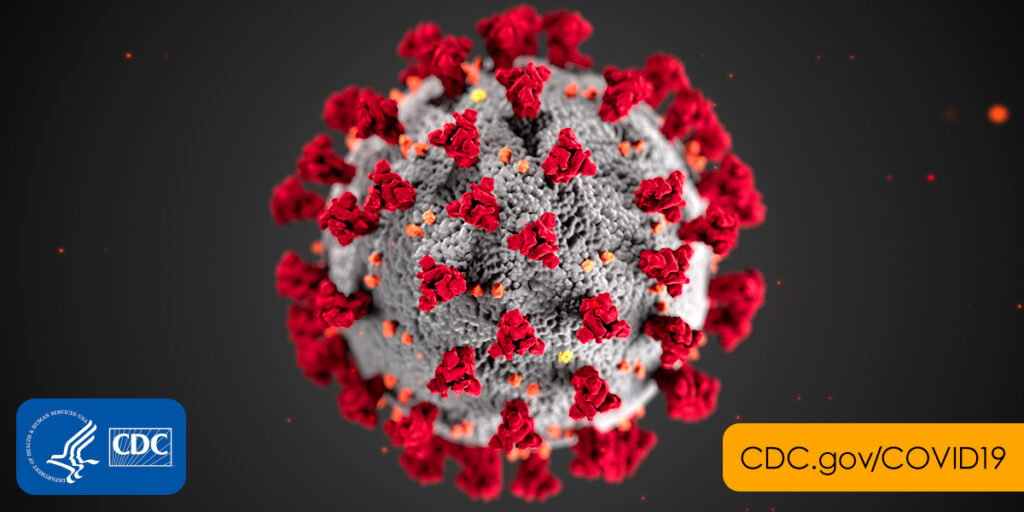COVID-19 and the Impact on Communities of Color: Our Nation’s Inequities Exposed
May 20, 2020 •
Prior to the COVID-19 pandemic, communities of color already faced inequitable opportunities for health and well-being. Racial and ethnic health disparities have long existed, largely rooted in structural inequities that have persisted across generations. From the lasting effects of residential segregation to poverty, discrimination, less access to good jobs and economic opportunity, higher rates of insured, less access to health care, and much more, people of color have experienced the undue burden of these inequities.
While everyone is at risk for COVID-19, individuals who have underlying medical conditions are at higher risk for severe illness from COVID-19. And people of color disproportionately have higher rates of many chronic conditions, such as diabetes, hypertension, kidney disease, and asthma which are associated with the social determinants of health. Furthermore, people of color are over-represented in low-wage jobs and in many of the front-line jobs designated as essential workers in this pandemic. Now as more cases of and deaths from COVID-19 are identified across the country, this pandemic is revealing the consequences of these longstanding inequities, through the early data reported on the higher rates of cases and deaths among people of color. There is an urgent need to advance equity in the pandemic response and to prevent it from further exacerbating disparities.
Panelists
-
Kathy Ko Chin, MS, President & CEOAsian & Pacific Islander American Health Forum
-
Barbara Ferrer, PhD, MPH, MEd, DirectorLos Angeles County Department of Public Health
-
Danyelle Solomon, JD, Vice President, Race and Ethnicity PolicyCenter for American Progress
-
David R. Williams, PhD, MPH, Harvard T.H. Chan School of Public HealthHarvard University
Moderator
-
J. Nadine Gracia, MD, MSCE, Executive Vice President and Chief Operating OfficerTrust for America's Health

